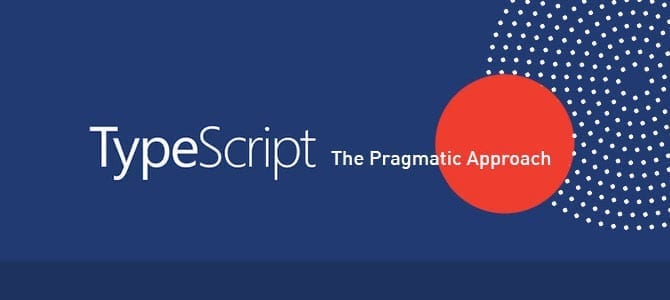In the rapidly evolving world of software development, the role of a software tester is more crucial than ever. To stay ahead in this dynamic field, many testers are opting to get certified. In this blog post, we’ll explore the advantages to software testers in obtaining certifications and discuss various certifications available in the industry.
These are the main advantages of getting certified:
- Enhanced Credibility
Certified testers often enjoy increased credibility among employers, colleagues, and clients. Employers tend to have greater confidence in hiring or promoting certified professionals, knowing that they have a solid foundation in software testing.
- Career Advancement
Certification can open doors to new career opportunities and advancement within the software testing field. Many organizations consider certified professionals for leadership and management roles, recognizing their commitment to continuous learning.
- Global Recognition
Certifications are often recognized globally, providing testers with the ability to showcase their skills on an international level. This is particularly beneficial in the IT industry, where projects and teams are often distributed across borders.
- Keeping Pace with Industry Trends
The field of software testing is continually evolving. By pursuing certifications, testers ensure they stay current with the latest industry trends, tools, and methodologies. This knowledge is invaluable in maintaining relevance and contributing effectively to software development projects.
- Quality Assurance Improvement
Certified testers bring a level of expertise that contributes to improved quality assurance processes. They are equipped with best practices and insights that can be applied to enhance the overall quality of software products.
Here are some of the most well-known and respected certifications in software testing:
- ISTQB (International Software Testing Qualifications Board)
A globally recognized certification that covers a broad range of testing principles and practices. It includes Foundation, Advanced, and Expert levels. With over 700,000 certified testers in more than 120 countries, ISTQB is widely accepted and respected in the industry. This global recognition adds a significant level of credibility to a tester’s qualifications, making it easier to pursue job opportunities internationally.
ISTQB offers a well-structured and comprehensive curriculum that covers essential concepts and advanced topics in software testing. While other certifications for testers provide valuable credentials, they are not as comprehensive as ISTQB in their certification offerings.
- CSTE (Certified Software Tester)
Offered by the Quality Assurance Institute (QAI), this certification is designed to validate the skills of software testers in various domains. It stands out due to its extensive coverage of testing fundamentals, focus on practical skills, adherence to industry standards, and wide applicability across different sectors. The CSTE certification covers both software testing and quality assurance, making it a versatile credential. It is highly esteemed in North America and is particularly valued by organizations that emphasize quality assurance.
- CSQA (Certified Software Quality Analyst)
Also provided by QAI, CSQA is aimed at professionals involved in quality assurance and control. The emphasis for CSQA is more on quality assurance and process improvement. It is highly valued in quality assurance circles but is less specific to software testing. CSQA certification can lead to roles such as Quality Assurance Manager, Quality Analyst, and Process Improvement Specialist, often accompanied by higher salaries and increased responsibilities.
- Selenium Certification
Selenium is a widely used UI test automation tool for web applications. Certifications related to Selenium validate proficiency in using this tool for test automation. There are several Selenium certifications such as Certified Selenium Professional (CSP), Certified Selenium Tester Foundation, and Selenium WebDriver Certification.
Conclusion
In conclusion, getting certified as a software tester is a strategic move that brings numerous advantages. From validating skills to enhancing credibility and contributing to career advancement, certifications play a pivotal role in the professional growth of testers.
Additionally, the diverse range of certifications available allows testers to specialize in various aspects of software testing, catering to the evolving needs of the industry. As the software development landscape continues to change, staying certified ensures that testers are well-equipped to face new challenges and contribute meaningfully to the success of their projects and organizations.
Mitrais Testing Service
Unlock the full potential of your software development team with our certified testers. At Mitrais, we specialize in providing premium testing services performed by professionals who hold industry-recognized certifications such as certification from ISTQB. For more detail, reach out to us at Software Testing Services | Mitrais.










